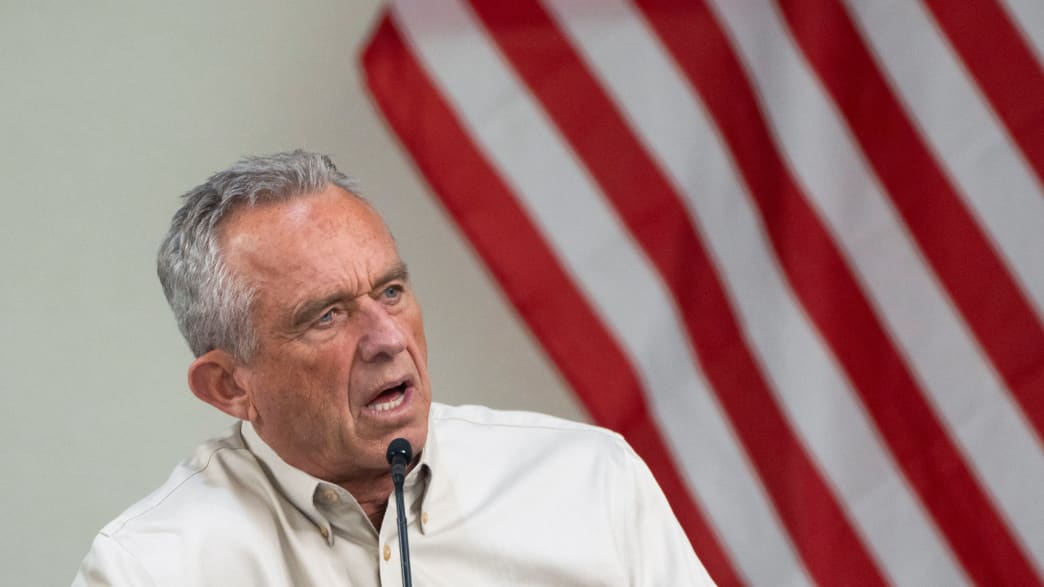GA Supreme Court Blocks Count of Votes for Independent Candidates West, De La Cruz
In a recent ruling, the Georgia Supreme Court decided that votes for third-party presidential candidates Cornel West and Claudia De la Cruz will not be counted in the upcoming election, as the candidates failed to meet specific electoral requirements.
The state court’s unanimous decision underscored non-compliance with state electoral laws by the candidates, impacting their eligibility to have their votes counted come November, as the Washington Examiner reports.
Legal Background and Initial Findings
The court found that while West and De la Cruz achieved the necessary 7,500 signatures to appear on the ballot, they did not properly submit these under the names of designated state electors. This specific failure led to their disqualification, despite meeting the general signature requirements.
Justice Sarah Warren clarified that the issue was not the quantity of signatures but the absence of nomination petitions for electors.
“But the defect that prevents independent presidential candidates West and De la Cruz from appearing on Georgia’s ballot does not pertain to the number of signatures acquired; it is that West’s electors and De la Cruz’s electors filed no nomination petitions at all,” stated Warren.
The decision was reinforced by the findings of two lower courts, which had earlier ruled the candidates’ submissions non-compliant with state electoral norms.
Response from State Officials and Parties
Despite the ruling, Secretary of State Brad Raffensperger noted the practical difficulties in removing the candidates from the ballot due to time constraints.
Consequently, notices will be issued to inform that votes for these candidates will not be counted, rather than removing their names completely.
Tolulope Kevin Olasanoye, the Executive Director of the Democratic Party of Georgia, supported the decision, emphasizing the importance of adhering to election laws.
“Today’s ruling affirms what two judges have already found: neither of these candidates is qualified to be on the ballot, and the Secretary of State attempting to ignore the judges’ rulings doesn’t make state election law any less clear,” he remarked.
On the other side, Claudia De la Cruz criticized the decision as a bipartisan effort to suppress alternative political voices. “Democratic Party lawyers and the Republican-majority Supreme Court worked together to suppress democracy. This unjust ruling is a reminder of why it is so urgent to build an alternative outside the two-party system,” De la Cruz said.
The Political Impact of the Ruling
The ruling is seen as crucial given Georgia’s tight electoral margins in previous elections, notably in 2020 when President Joe Biden won the state by fewer than 12,000 votes.
Third-party candidates like West and De la Cruz, along with others such as Robert F. Kennedy Jr., are viewed as potential spoilers who could siphon votes from major party candidates, particularly Vice President Kamala Harris.
For the 2024 election, the official ballot will list candidates including Kamala Harris for the Democrats, Donald Trump for the Republicans, Jill Stein for the Green Party, and Chase Oliver for the Libertarian Party.
Warren also mentioned that no constitutional challenge to the current statutory requirements was before the court, leaving open the possibility for future legal debates. “No constitutional challenge to the current statutory scheme for qualifying candidates for the office of elector of independent candidates for president is properly before this court in these cases. We therefore express no view on any such constitutional questions today,” she elaborated.
Looking Ahead: Future of Elections and Democracy
The implications of this decision stretch beyond the immediate election cycle. Analysts suggest that stringent adherence to procedural rules could influence future campaigns of independent and third-party candidates, potentially altering their strategies to ensure compliance.
Moreover, the controversy surrounding this ruling highlights ongoing debates about the inclusivity and fairness of the U.S. electoral system, particularly as it pertains to third-party and independent candidates.
As the election approaches, the focus remains on how this decision will affect voter turnout and the overall electoral landscape in one of the nation’s most closely watched battleground states.



